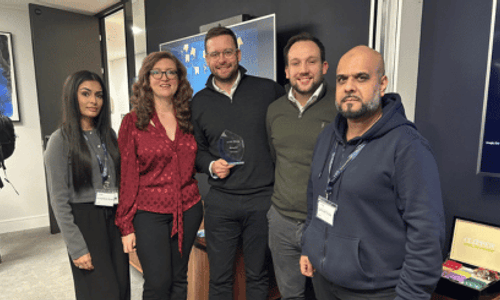
Latest News
Why your next data role demands AI skills
Artificial intelligence is reshaping how organisations operate, but the reality behind the AI conversation is more nuanced than the headlines suggest. Many businesses are racing to be seen as “AI organisations”, often before they have a fully formed AI strategy in place. What they do know, however, is that AI capability has become a differentiator and data professionals sit at the centre of making it work.
AI’s challenge for entry level roles: all change?
‘AI is killing junior jobs’ misses important nuance – but you still need a strategy
Tech recruitment outlook: high demand for specialist skills will drive the market in 2026
Rising IT spending in 2026 will create openings for data architects, data engineers and data scientists, cybersecurity specialists and platform engineers, while demand for generic IT skills remains flat.
Digital leaders begin to see renewed job opportunities
In a recent article for diginomica, Peter Birch, Director of Technology & Digital Executive Search at Harvey Nash, comments on the findings of diginomica’s 2025 Digital Careers Report, focusing on how digital leaders are experiencing the current job market.
Software trends in the year ahead: A UK hiring outlook
The UK software engineering and development market can best be described as competitive. Towards the end of 2025, there has been an increase in job opportunities in some areas; however, the type of skills now being sought is not being matched by an increase in skilled candidates, and skills shortages continue to limit hiring.
Harvey Nash awarded Allegis Rising Star Award for the EMEA region
November 19, 2025 - Harvey Nash is delighted to announce that we have been awarded the Allegis Global Solutions Rising Star Award for the EMEA region,...
Building a data‑dream team
In a recent opinion piece for Computer Weekly, Jack Capel, UK South Director, expresses that organisations must get their data foundation right before...
A turning point in the AI talent race
In a recent piece for Computer Weekly, Simon Crichton, Harvey Nash CEO, argues that the U.S. decision to hike visa fees for skilled workers may mark a...
Nash Squared Announces Integration of Spinks Brand into Harvey Nash
Nash Squared, the global leader in technology and talent solutions, today announced the integration of the Spinks brand into Harvey Nash, its speciali...
Get in touch
If you're looking to secure your next role or make your next best hire, we'd love to help. Get in touch to speak with one of our consultants today.









